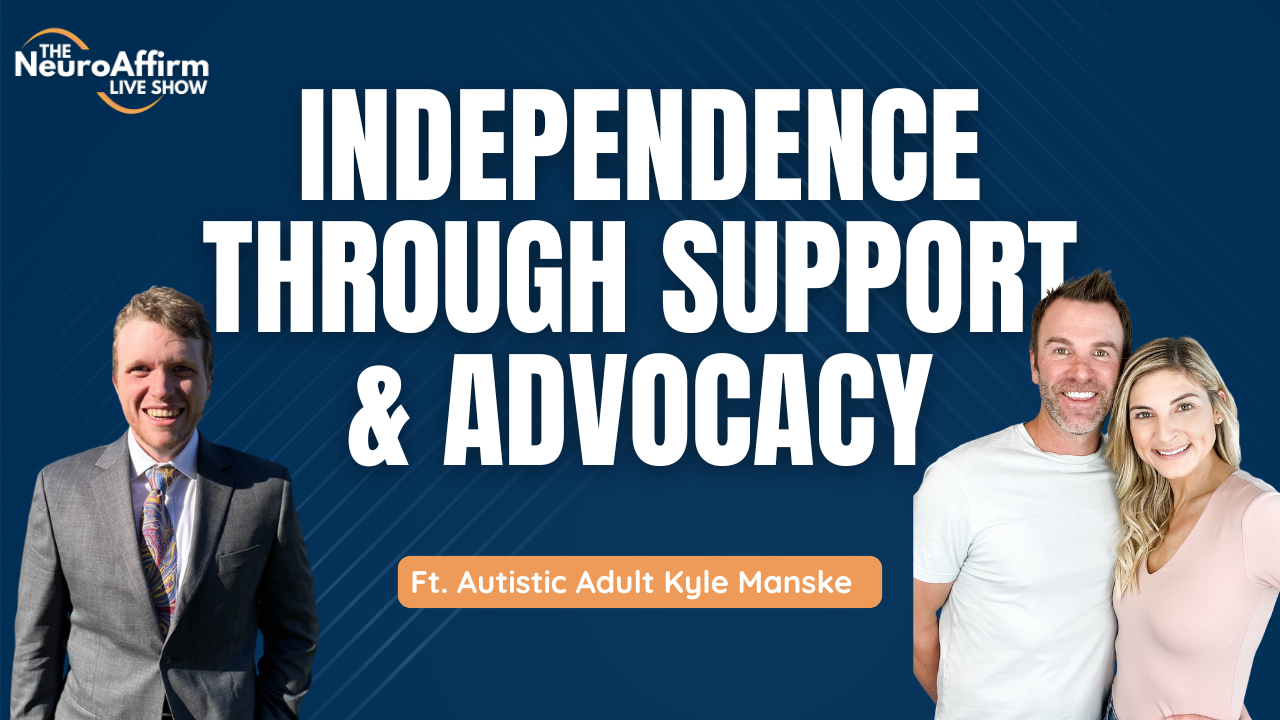The Power of Strengths and Advocacy

Today I want to introduce you to my friend, Kyle.
When Kyle was just three years old, doctors and schools gave his mom a devastating prognosis: he had autism, a learning disability, and hearing loss – and only a 5% chance of finishing high school.
Translation? They didn’t see his potential. They saw limits.
But Kyle’s mom refused to accept that narrative. She advocated fiercely, focused on what he could do, and believed in him – completely. Fast forward: Kyle now lives independently in New York City and has worked as a successful accountant for more than 10 years.
That transformation didn’t come from dwelling on deficits. It came from building on strengths.
So often, evaluations and reports are written in deficit-based language:
❌ “Will never live independently.”
❌ “Unlikely to make friends.”
❌ “Limited potential.”
What do those messages do for a child’s identity? Nothing good. They plant seeds of doubt instead of hope.
Kyle’s story is proof that when families and professionals flip the script and focus on strengths like special interests, unique skills, and passions, children are empowered to grow into thriving adults. Kyle leaned into his love of baseball to learn how to communicate and build friendships.
His detail-oriented mind became the foundation for a successful career in accounting.
Strengths aren’t just “nice to notice.” They are the building blocks of independence.
Here’s the problem: most of us are stuck with assessments that highlight deficits.
They leave families and teachers worried about what a child can’t do instead of inspired by what’s possible.
That’s exactly why we created something new.
Want a Strengths Assessment you can actually use with your clients – the kind of tool that helps families and teachers focus on possibilities instead of limits?
It’s here. And it’s inside the NeuroAffirm Academy.
This brand-new Strengths Assessment flips the narrative by spotlighting what a child can do and how those strengths can be leveraged for communication, learning, and real-life success.
Because kids don’t need a deficit checklist. They need a roadmap to thriving.
Kyle’s story isn’t just inspiring – it’s a call to action. Every child deserves to be seen through the lens of possibility. Every clinician and parent deserves tools that reflect that vision.
Join the NeuroAffirm Academy today to get access to the brand-new Strengths Assessment and start shifting your practice toward what matters most: helping kids and families thrive.

